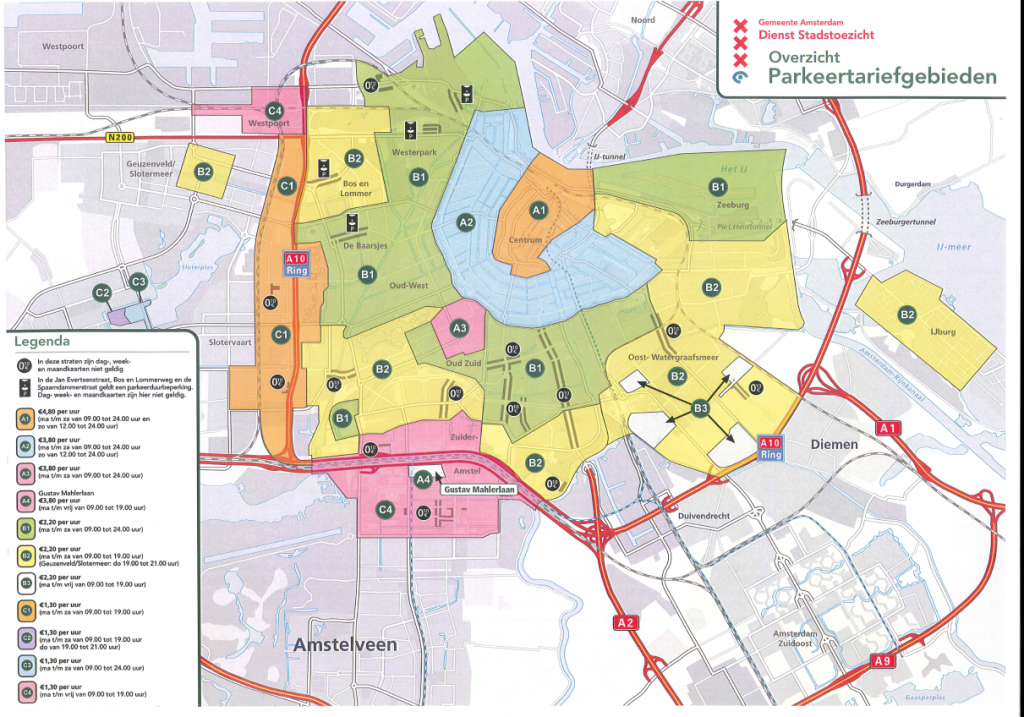In the literature on the economics of on-street parking, parking policy has received substantial attention.

A general conclusion is that, given heterogeneity of demand for on-street parking, it is welfare improving to impose parking tariffs. Furthermore, these tariffs must be the same for different users of parking spaces. In reality however, parking policies discriminate between residents and non-residents. Economic theory suggests that this policy will generally induce large inefficiencies. The main exception is when the willingness to pay of residents for parking exceeds the on-street parking tariff. Then, this type of policy may be justified.
Further, it is generally believed that in downtown areas in large cities, due to underpricing of parking space, cruising for parking also implies substantial welfare losses. Cruising involves costs not only because of additional cruising time, but also because of additional walking time to the point of destination. In addition, cruising creates uncertainty about the total travel time, which is known to create additional costs. There are no empirical estimates of the costs associated with cruising.Part of our research on urban development focuses on parking policies: examining willingness to pay of residents for parking permits and obtaining empirical extimates of the costs of cruising. This research is carried out in close co-operation with transport researchers of the Department of Spatial Economics.
Publications related to Parking Policy
| JUE | van Ommeren, J., Wentink, D., Dekkers, J.E.C., The Real Price Of Parking Policy, Journal of Urban Economics, 70, pp.25-31, 2011. |
| TI Discussion Paper | van Ommeren, J., Wentink, D., Dekkers, J.E.C., The Real Price Of Parking Policy, Tinbergen Institute Discussion Paper, Amsterdam, 2009. |
| Wentink, D., The real price of parking policy. The effect of parking policy on the housing market in Amsterdam, Master thesis Spatial Economics, VU University Amsterdam, 2009. Remarks: Supervisor: van Ommeren, J. |
